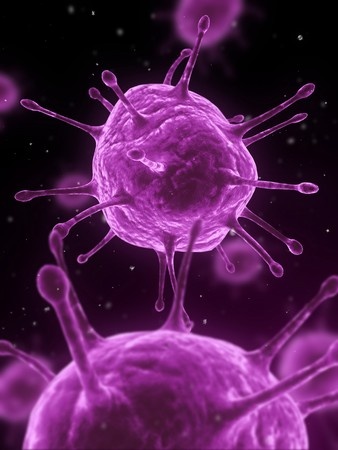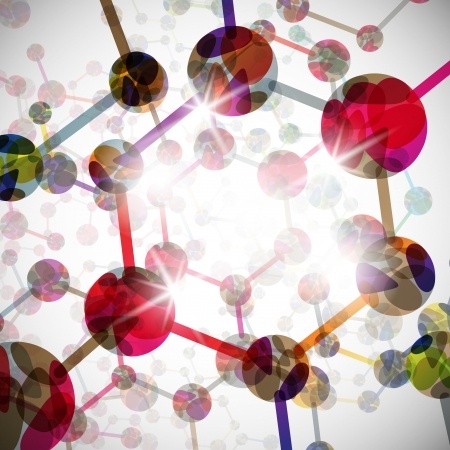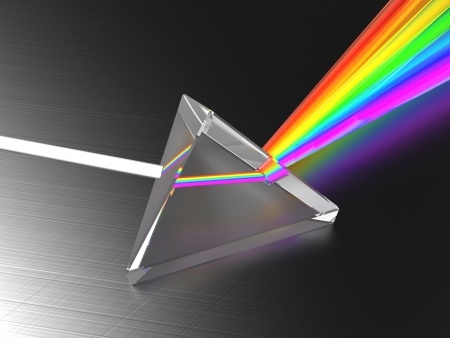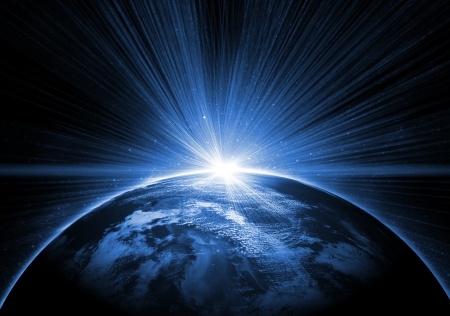This regular feature of STAOblog brings you a sampling of the latest science news that would be of particular interest to your students. Incorporate these stories into your lesson. Or, use them as a “cool attention-grabber” at the start of class. Above all, enjoy the discussion and get your kids excited about science! “SciNews” is published every Monday and Thursday.
Share your favourite SciNews “gems” by emailing them to staoblog@stao.org.
How do you use scinews in your class? Share your tips using the comment button.
 Biology
Biology
A Ten-Second Kiss Transfers 80 Million Bacteria, Research Shows. Newsweek.
There’s very little romance in a collection of 80 million teeming bacteria. But that, in addition to affection, is what’s being exchanged in a 10-second kiss, according to a new study published Monday in the journal Microbiome. Read more…
Life’s extremists may be an untapped source of antibacterial drugs. Science Daily
Life’s extremists, a family of microbes called Archaea, may be an untapped source of new antibacterial drugs. That conclusion arises from the discovery of the first antibacterial gene in this ancient lineage. Read more…
 Chemistry
Chemistry
How Chemical Hand Warmers Work. About Chemistry
If your fingers are cold or your muscles ache, you can use chemical hand warmers to heat them up. There are two types of chemical hand warmer products, both using exothermic (heat-producing) chemical reactions. Here is how they work. Read more…
The medieval mentality of modern science. Science News for Students
Science coexists with society. Science shapes society, informs society, enables society to function in ways not possible without an in-depth knowledge of how the natural world works. But you can flip that coin and declare, equally accurately, that society shapes science. Science responds to societal needs, reflects societal values, conceives of nature within the framework of society’s prevailing worldview. And science thrives only in societies where knowledge and reason are not overwhelmed by superstition and prejudice. Read more…
 Physics
Physics
New particle may help probe strongest force in the universe. Science News for Students.
A new addition to the family of subatomic particles may shed light on the universe’s strongest force. It’s the force that holds together the nucleus of every atom. The newly observed particle has an unwieldy name: D*s3 (2860)ˉ. Like the protons and neutrons that make up an atom’s nucleus, D*s3 (2860)ˉ is made up of fundamental units of matter called quarks. Read more…
Fundamental constants are still constant: Atomic clocks prove stability of mass ratio of protons to electrons. Science Daily
Are the fundamental constants really constant? Recent investigations have shown that one essential fundamental constant — namely the mass ratio of protons to electrons — can have changed only by a maximum of one part in a million over the age of our solar system (i.e. extrapolated over approx. 5 billion years). Previously, scientists deemed the possible changes to be twice as high. To obtain this result, physicists from PTB compared caesium and ytterbium atomic clocks with each other for 7 years. Read more…
Earth and Space Science
Global warming skeptics unmoved by extreme weather. Science Daily.
What will it take to convince skeptics of global warming that the phenomenon is real? Surely, many scientists believe, enough droughts, floods and heat waves will begin to change minds. But a new study throws cold water on that theory. Read more…
How Lake-Effect Snow (And The Mysterious Thundersnow) Happens. World Science Festival.
If you’re a resident of the Great Lakes region, you’re probably very familiar with lake-effect snow, that intense snowfall that pummels places near large bodies of water. But how and why does it occur? The answer lies in the behavior of cold air as it travels over the surfaces of lakes still warmed by the heat they took in over the summer. Read more…




